As the successor of the Ottoman Empire, whose attempt to conquer Europe was confronted by the Holy League led by Pope Clement VIII in the 16th century, the Republic of Türkiye went on to establish diplomatic relations with the Holy See in 1960, a few decades after its inception. Under the tenure of Pope Francis, who passed away at the age of 88 on Monday, relations have been tense at times. But ultimately, the Argentine pontiff managed to mend ties in global issues he agreed upon with Ankara, namely the Palestine-Israel conflict.
The spiritual leader of the Catholic world traveled to Türkiye in 2014, about a year after taking office, following in the footsteps of his three predecessors who had visited the country in the early years of their rule.
The pontiff’s visit to the capital Ankara and Istanbul in November 2014 had multiple goals: reaching out to the Middle East through prominent geopolitical actor Türkiye, as well as mending ties with the Orthodox church, specifically Fener Greek Patriarchate based in Istanbul whose leader is viewed as spiritual leader of millions of Orthodox Christians across the world.
Pope Francis began his trip with a visit to Anıtkabir, the mausoleum of Mustafa Kemal Atatürk in Ankara, followed by a meeting with President Recep Tayyip Erdoğan and meetings with then-Prime Minister Ahmet Davutoğlu and the head of the Presidency of Religious Affairs, Mehmet Görmez. He was also the first foreign leader to be hosted at the newly opened Presidential Complex.
In Istanbul, he visited the Hagia Sophia Grand Mosque, which was still a museum back then and the neighboring Blue Mosque. His prayers at the Blue Mosque were a symbol of the pontiff’s efforts for interfaith dialogue. His next destination was the main church of the Fener Greek Patriarchate, where he met Patriarch Bartholomew and attended the religious service for Saint Andrew, the patron saint of the patriarchate.
His visit was warmly welcomed by the Turks, but it all changed one year later. Pope Francis, who hails from Argentina, home to a strong Armenian diaspora, was apparently taken in by the diaspora’s propaganda of accusing Türkiye of genocide of Armenians in Anatolia in 1915. The pontiff presided over a religious service on the anniversary of the so-called genocide on April 12, 2015, effectively recognizing the 1915 incidents as genocide, to the chagrin of Ankara. The Vatican was quick to dismiss the pope’s remarks about Armenian “genocide” as merely a repeat of statements of Pope John Paul II. Ankara recalled its ambassador to the Vatican and downgraded diplomatic relations with the Holy See to the rank of charge d’affaires.
It took almost a year before the Vatican took a step to restore ties. In 2016, Pope Francis changed his rhetoric and described the 1915 deaths of the Armenian minority simply as “tragic incidents,” while the Vatican condemned an Armenian terrorist group on the anniversary of the killing of Türkiye’s Vatican envoy Taha Carım in 1977 by that group. Türkiye responded by sending back its ambassador. But relations remained lukewarm at best as the pope openly endorsed Armenian claims of genocide in the following months, during the hosting of an Armenian delegation in the Vatican and during a visit to Armenia in June 2016.
Things took a turn for the better between the Vatican and Türkiye in 2017, after U.S. President Donald Trump’s controversial decision to move the U.S. Embassy to Jerusalem and recognition of the city as Israel’s capital. In a December 2017 phone call with President Erdoğan, the pontiff shared his concerns about Trump’s decision. About two months later, Erdoğan visited the Vatican for face-to-face talks with the pontiff, again focusing on the Jerusalem issue. Turkish diplomatic sources then announced that both Erdoğan and Pope Francis agreed upon the need for preservation of the status of Jerusalem, a city sacred for Muslims, Christians and Jews. A few months later, two men held another phone call, again, on Jerusalem.
Türkiye’s efforts to mediate between Russia and Ukraine also found appreciation from the pontiff, who expressed his view to that extent to Ankara’s Vatican envoy, Lütfullah Göktaş, in a 2022 meeting.
Erdoğan and Pope Francis also held two phone calls about the Palestine-Israel conflict in October 2023 and April 2024. In his message of condolences on social media, Erdoğan said Francis was dedicated to building interfaith dialogue and addressing “human tragedies” such as the Palestinian issue and the war in Gaza.
“A respected statesman, Pope Francis was also a spiritual leader who valued dialogue between different faith groups and took the initiative in the face of human tragedies, especially the Palestinian issue and the genocide in Gaza,” Erdoğan wrote.

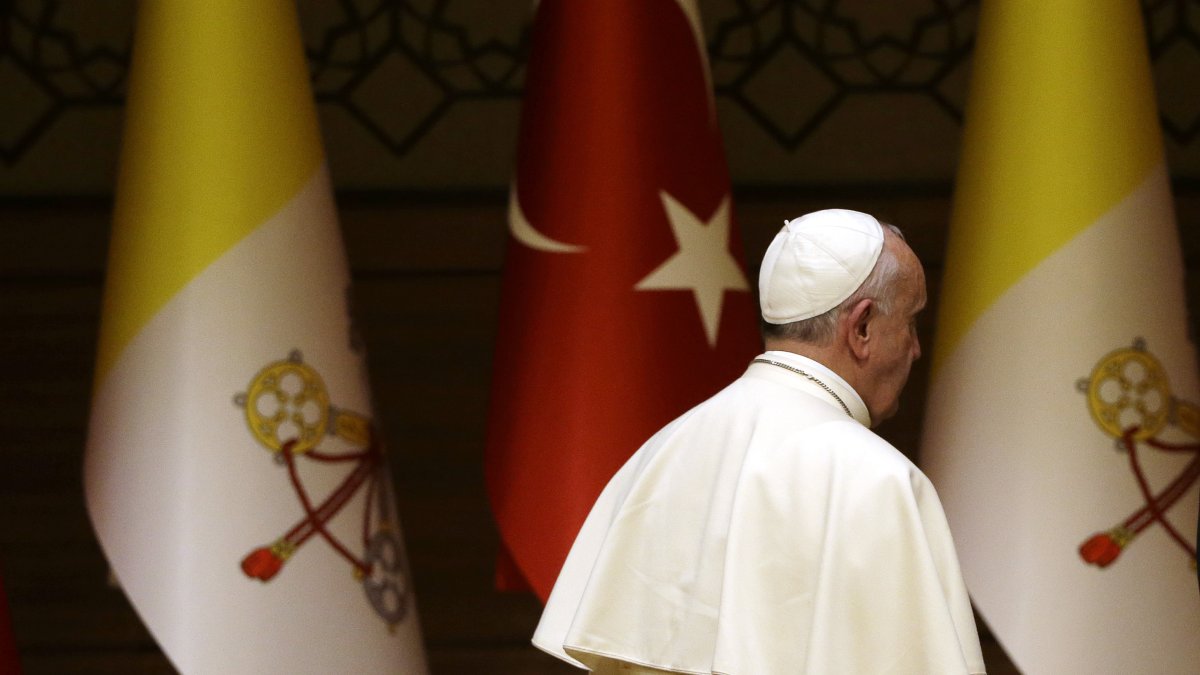
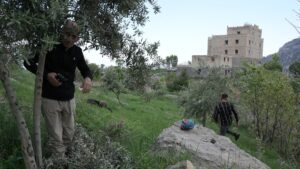
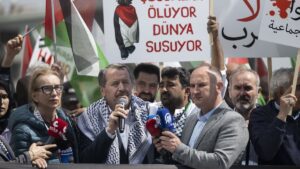

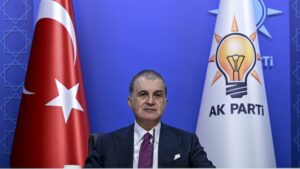
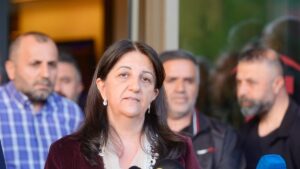

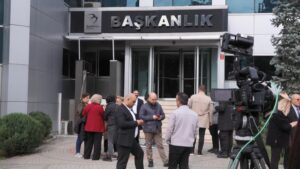
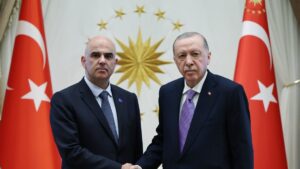

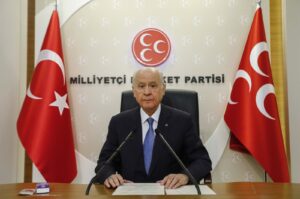
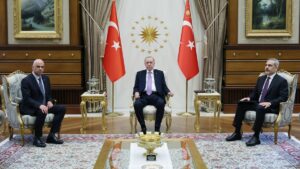
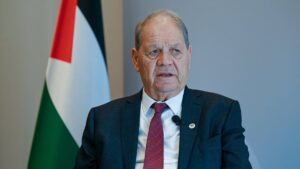
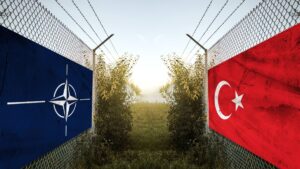

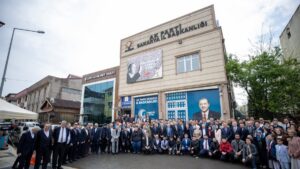

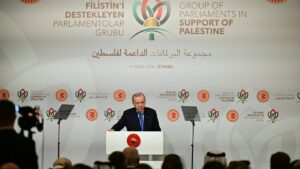
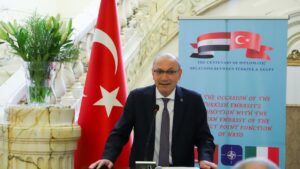
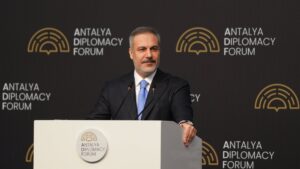

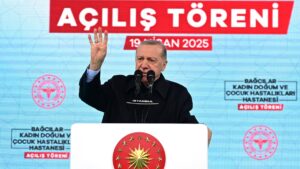
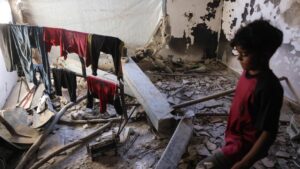
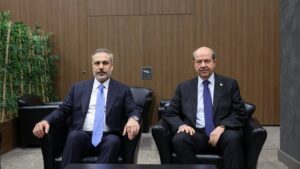
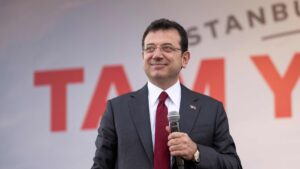

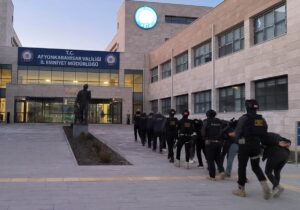
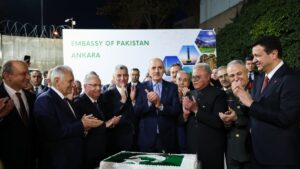
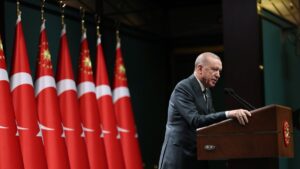

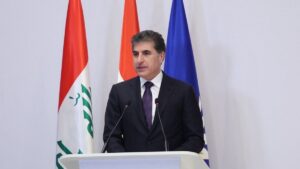
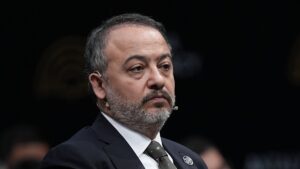
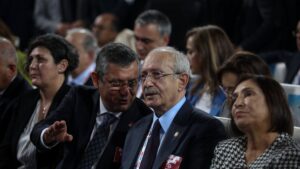
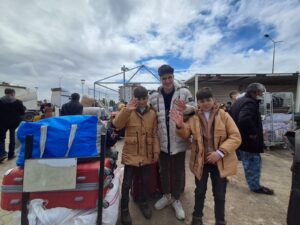
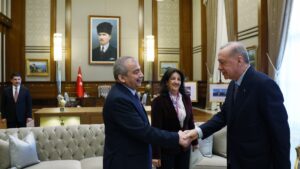
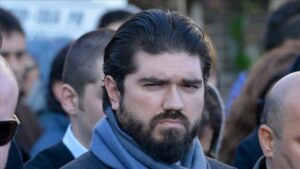
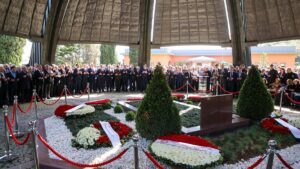
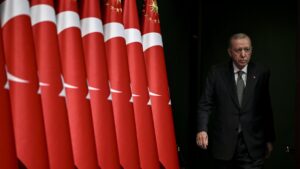
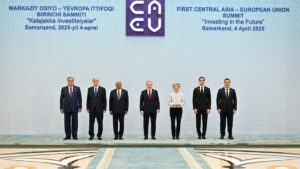
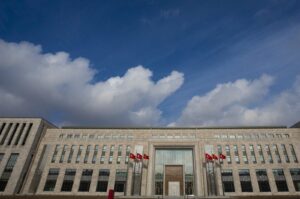

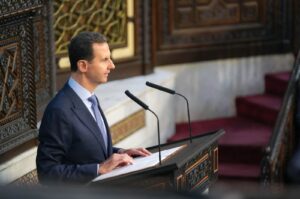
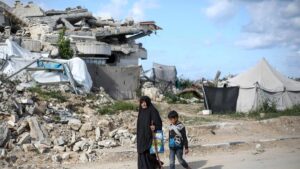
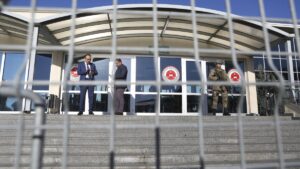
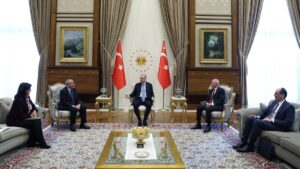
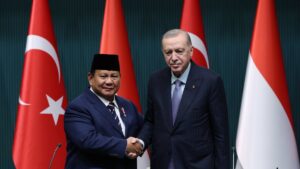
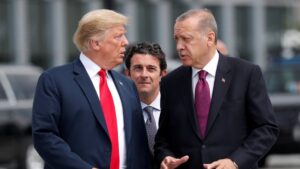
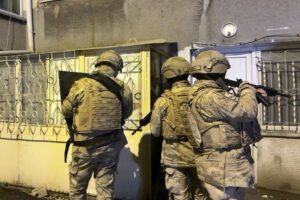
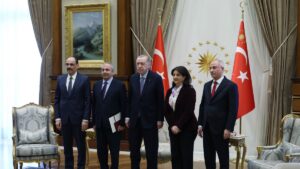

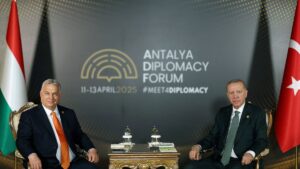
Be First to Comment